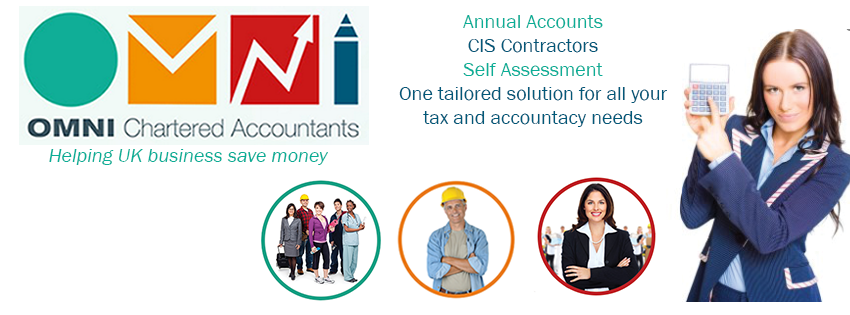A radical new accounting regime set to shake-up the UK's
small business reporting landscape could pose a risk to the British economy as
an unplanned by-product of an attempt to slash red tape.
That's the stark warning from Nigel Sleigh-Johnson, the
ICAEW's Financial Reporting Faculty head, as the government publishes its final
recommendations on how the new EU Accounting Directive will be implemented in
the UK.
Sleigh-Johnson said;
"Only time will tell whether the reduction in the
information required in small company accounts is a sensible reduction in red
tape or a source of risk to the UK economy.
“ICAEW for one has persistently warned against the potential
risk that over-simplifying reporting requirements can have on the ability of
small companies to secure credit."
What are EU Accounting Directive recommendations?
Under the BIS proposals, set to be enshrined in company law
by July 2015 and become effective for financial years beginning on or after 1
January 2016, the most profound changes relate to small businesses.
A legal restriction will be placed on the amount of
information required in small company accounts, while small businesses will be
denied the option to file so-called abbreviated accounts at Companies House.
But they may be allowed to both prepare and file a new simplified form of
‘abridged'
accounts.
Accounting thresholds for SMEs due to rise
Accounting thresholds for small companies are also due to
rise, meaning more businesses will have access to the simplified reporting
regime.
Sleigh Johnson said he was encouraged that BIS had listened
to some of its key concerns, especially that access to the proposed abridged
accounts regime for small companies will be restricted to companies that have
secured shareholder buy-in first.
But he expressed disappointment that the introduction of the
new accounting regime for small companies, especially at an EU level "has
overall been an exercise in damage limitation rather than one of
well-considered, proportionate simplification, and that subsequently the time
available for debate about UK implementation has been so restricted".
Small businesses, their advisers and lenders would be well
advised to prepare for implementation of the new accounting regime,
irrespective of the outcome, he added.
The Financial Reporting Council is expected to consult
shortly on detailed proposals for revised accounting standards for small and
micro companies, also due to come into force on 1 January 2016.
Have your say
about the EU Accounting Directive proposals on Twitter @OmnitasTax or Facebook.
Omni Chartered Accountants are here to help guide you and provide affordable
accounting solutions for your company – contact us
now or of course, you can request a free of charge call back.














